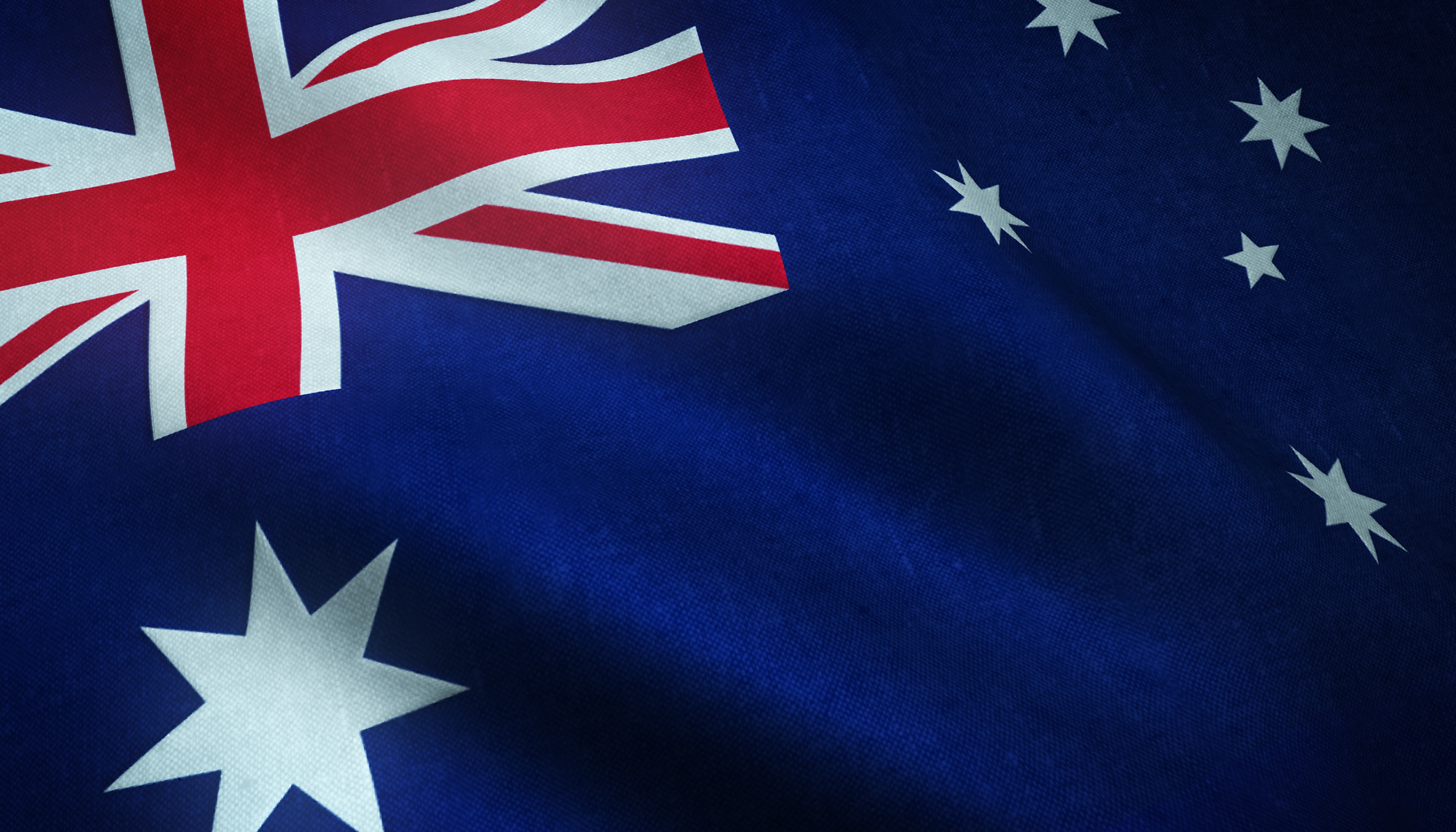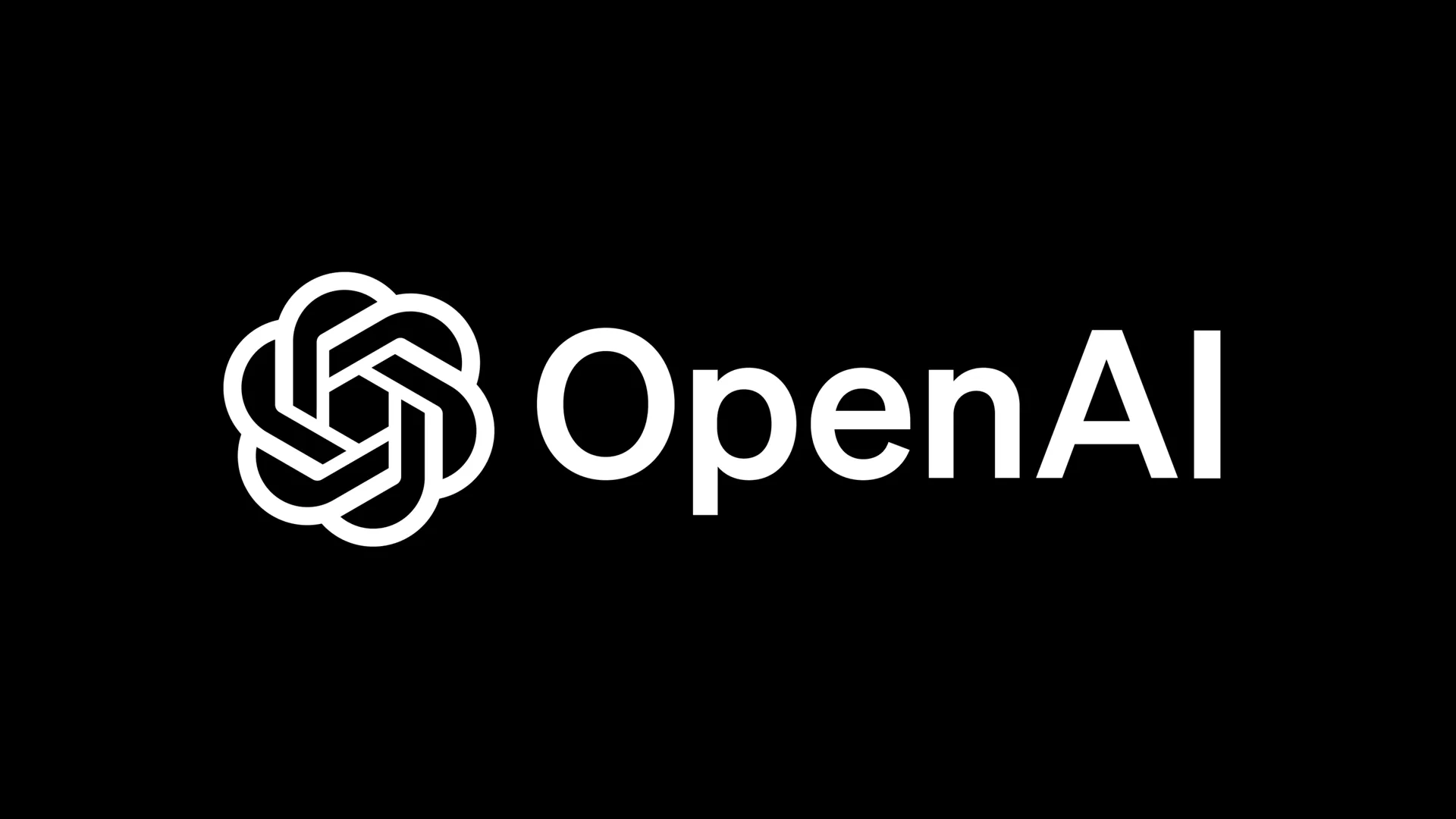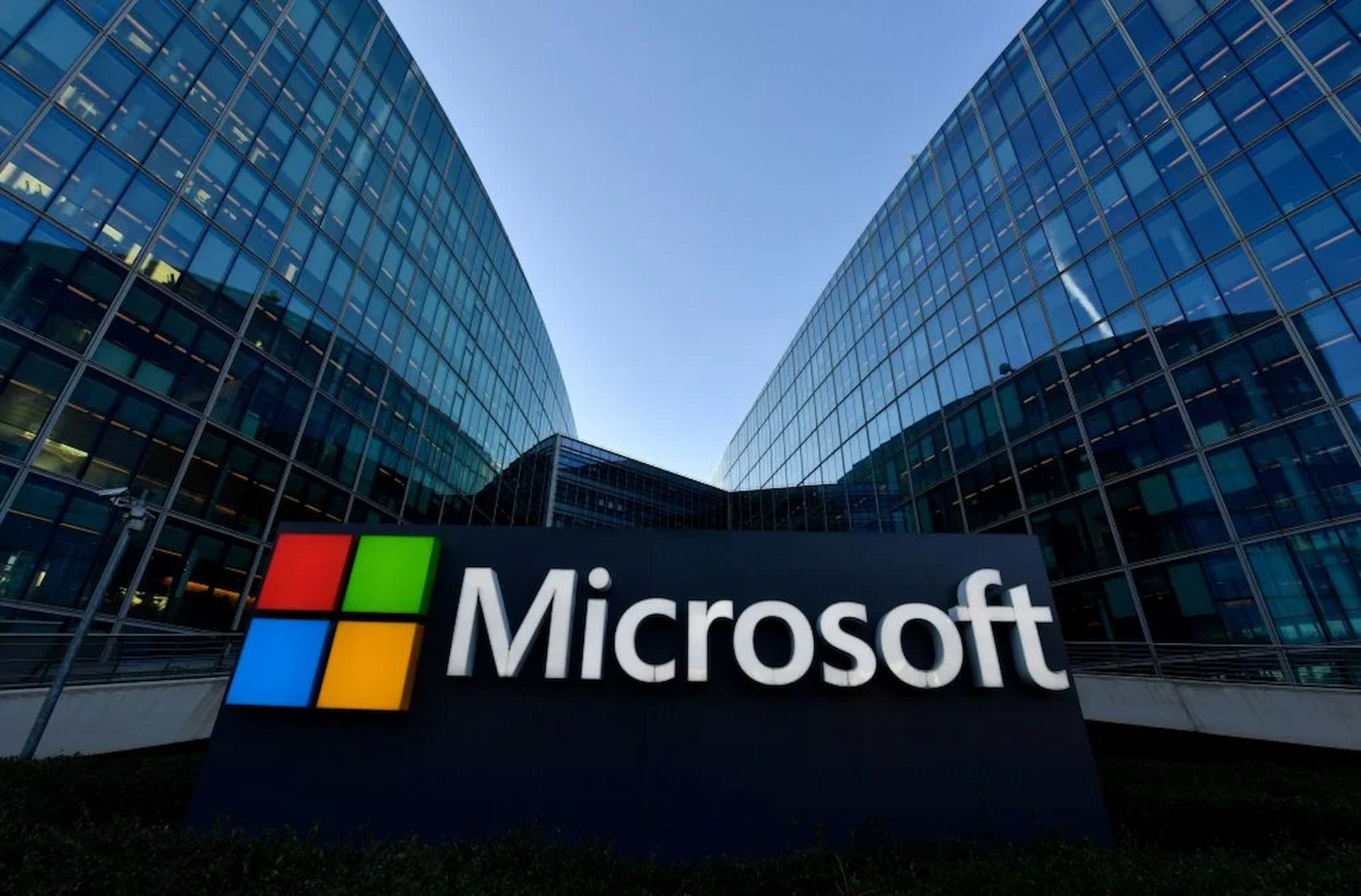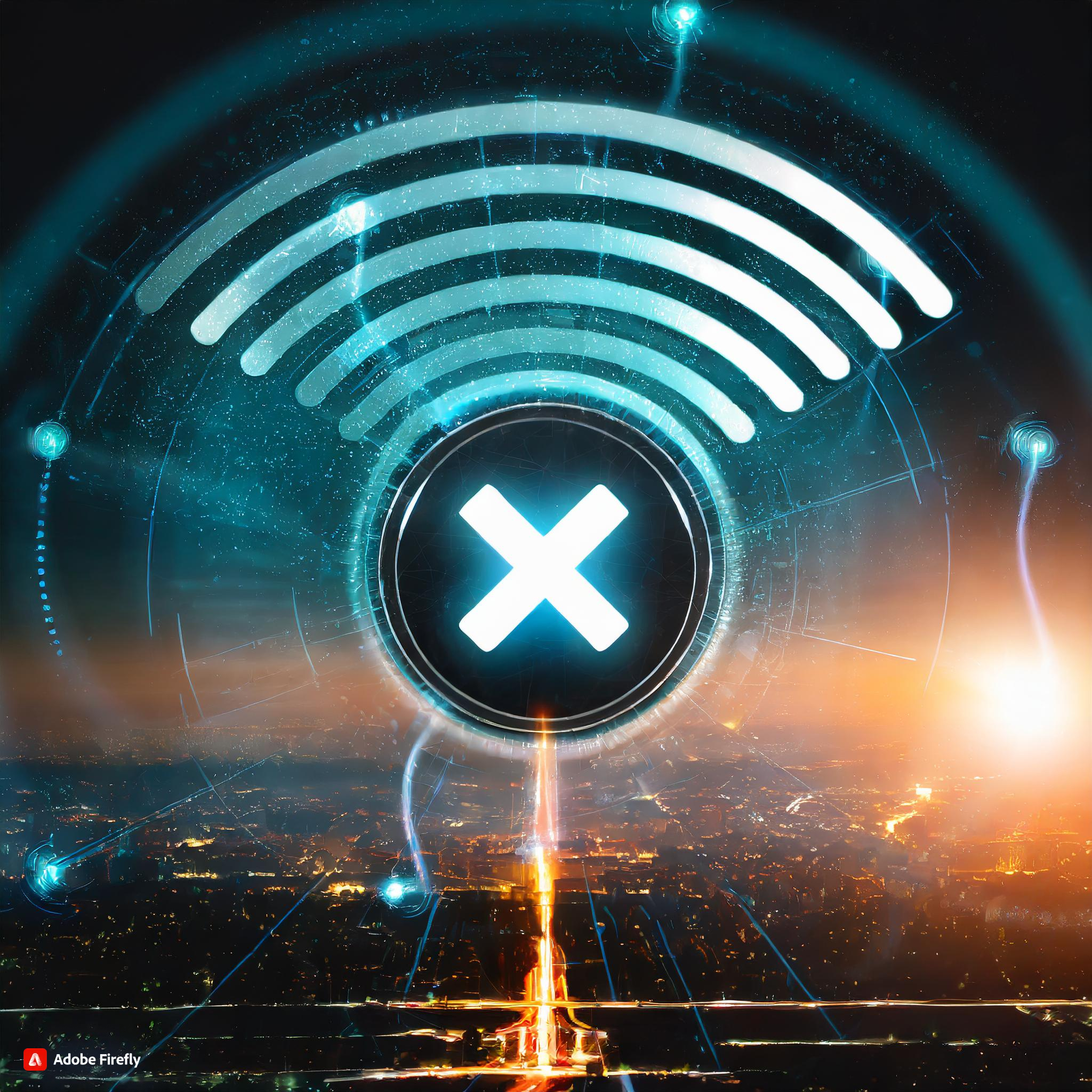Starting in early 2026, Perplexity’s AI will be integrated into Snapchat’s Chat, accessible to nearly 1 billion users. Snapchatters can ask questions and receive concise, cited answers in-app. Snap says the move reinforces its position as a trusted, mobile-first AI platform.
Under the deal, Perplexity will pay Snap $400 million in cash and equity over a one-year period, tied to the global rollout. Revenue contribution is expected to begin in 2026. Snap points to its 943 million MAUs and reaches over 75% of 13–34-year-olds in 25+ countries.
Perplexity frames the move as meeting curiosity where it occurs, within everyday conversations. Evan Spiegel says Snap aims to make AI more personal, social, and fun, woven into friendships and conversations. Both firms pitch the partnership as enhancing discovery and learning on Snapchat.
Perplexity joins, rather than replaces, Snapchat’s existing My AI. Messages sent to Perplexity will inform personalisation on Snapchat, similar to My AI’s current behaviour. Snap claims the approach is privacy-safe and designed to provide credible, real-time answers from verifiable sources.
Snap casts this as a first step toward a broader AI partner platform inside Snapchat. The companies plan creative, trusted ways for leading AI providers to reach Snap’s global community. The integration aims to enable seamless, in-chat exploration while keeping users within Snapchat’s product experience.
Would you like to learn more about AI, tech, and digital diplomacy? If so, ask our Diplo chatbot!










